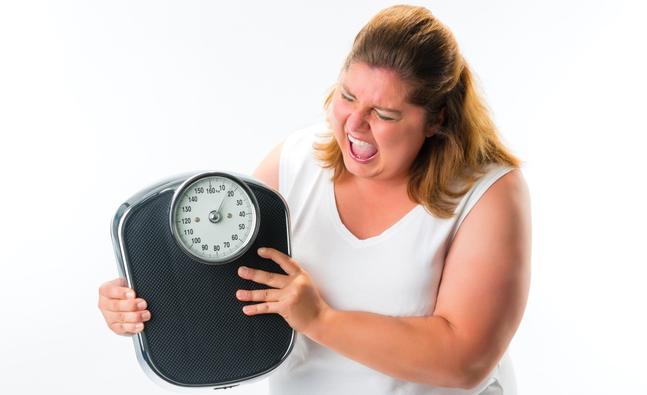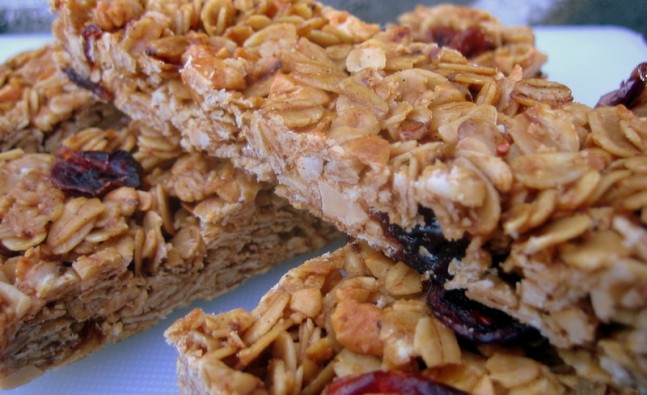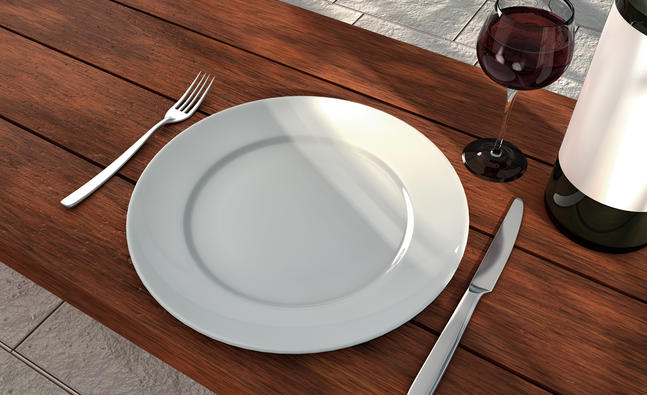7 Obesity myths exploded

Do you think sex is a great workout? Do you think itâs better to lose weight slowly and steadily instead of all at once? These are some commonly-held beliefs about weight loss that are actually not based on any real evidence.
In an article published this week in the New England Journal of Medicine, a group of researchers set about exploding seven common myths about obesity and weight loss. According to the authors, their intention is to set the scientific record straight and to help people understand how better to judge claims about weight loss, and thus to be more effective dieters.
Myth #1: Small sustained changes in energy intake or expenditure will produce large, long-term weight changes
You often hear advice like âtry cutting just 500kj a day and you could lose 5kgs a year without changing anything elseâ. This advice is based on the idea that there are a certain number of kilojoules in a kilo of body fat, and if you reduce your kilojoule intake by that amount over a given period of time, youâll lose that kilo.
This is sound reasoning up to a point, say the researchers, but it doesnât work in the long-term. Instead, what happens is that as you lose weight, you need to keep adjusting the amount you eat to keep pace with your reduced energy needs â bigger people burn more energy than smaller ones. After youâve lost that first kilo, you need to cut slightly more energy from your diet to lose the second, and so on.
Bottom line: weight-loss is a dynamic process, and you need to keep adjusting your diet to keep losing weight.
Myth #2: Setting realistic goals for weight loss is important, because otherwise patients will become frustrated and lose less weight.
Weight-loss gurus often tell dieters to set realistic goals â plan to lose 5kgs in 6 months, not 50 â to avoid becoming discouraged and frustrated and giving up on their diets. There is, however, no scientific reason to think that this is necessary. In fact some research suggests that setting ambitious goals can actually motivate people to stick to tough diets.
Bottom line: set whatever goal you find inspiring.
Myth #3: Large, rapid weight loss is associated with poorer long-term weight-loss outcomes, as compared with slow, gradual weight loss
You often hear that itâs best to lose weight slowly, half a kilogram a week, because rapid weight loss isnât sustainable. However, the evidence suggests that this isnât true. Some studies have found no long-term difference in body weight between those who lost weight rapidly and those who lost it slowly, while other studies have indicated that substantial, rapid early weight-loss was actually associated with a lower long-term body weight.
Bottom line: if you find it motivating to lose weight fast, especially at the start of a diet, go for it.
Myth #4: It is important to assess the stage of change or diet readiness in order to help patients who request weight-loss treatment
Sometimes doctors argue that patients need to be âreadyâ to lose weight before beginning a diet, and that itâs therefore necessary to measure which stage of change patients are at. Although this advice seems like good common sense, thereâs no scientific evidence to suggest that itâs true. In fact, patientsâ initial state of readiness is not associated with how much weight they lose when dieting.
Bottom line: doctors should recommend weight loss plans to obese patients who need them without worrying about whether or not the patient is truly âreadyâ.
Myth #5: Physical-education classes play an important role in reducing or preventing childhood obesity
Although lots of people think that PE classes at school are an important tool for preventing childhood obesity, all the studies on the effect of PE on kidsâ weight have shown no significant effects. Apparently two sessions of PE a week is just not enough to keep kids thin.
Bottom line: if you worry about your childâs weight, you need to make sure he eats right and exercises regularly above and beyond PE.
Myth #6: Breast-feeding is protective against obesity
This is one Iâve heard often from young mothers â the belief that breastfeeding your baby will help prevent her from becoming obese later in life. Itâs a nice idea, but is sadly not backed up by any scientific evidence.
Bottom line: breastfeeding has many benefits, but fending off fatness in your baby is not one of them.
Myth #7: Having sex burns 400 to 1200kj for each participant.
Ah, if only this were true â that an energetic love fest was as good as run in the park. Unfortunately, while sex is certainly more fun than running, it sadly does not burn many kilojoules. According to the researchers, âa man weighing 70 kg would expend approximately 15kj per minute during a stimulation and orgasm session. Given that the average bout of sexual activity lasts about six minutes, a man in his early-to-mid-30s might expend approximately 90kj during sexual intercourse. Of course, he would have spent roughly one third of that amount of energy just watching television, so the incremental benefit of one bout of sexual activity with respect to energy expended is plausibly on the order of 60kj.â
Bottom line: romping is (tragically) no substitute for running.
-
6 Easy tips to boost your metabolism
-
How Refusing to Diet and Starting to Live My Life Helped Me Lose 40 Pounds
Before: 160 After: 120 The Lifestyle I went on my first diet when I w
-
Are you finding it difficult to break bad eating habits?
-
Make your own muesli to cut calories
-
Do weight loss patches work?
-
The 4 Types of People Who Will Benefit from a High-Protein Diet
This article was written by Aviva Patz and provided by our partners at
- DON'T MISS
- Bloated? Eliminate these 5 foods from your diet
- Plan for the weekend
- The FDA Just Approved a Weight Loss Device that Sucks Food Out of Your Stomach
- The Fat-Burning Food That Works for Breakfast, Lunch, and Dinner
- 5 Ways to rev up your metabolism before lunch
- How This Woman Lost 30 Pounds After Years of Ignoring Her Weight Gain
- What is a raw food diet?
- How Samantha Clayton lost over 30 kilograms
- 10 Awesome Motivational Quotes On Weight Loss
- How Food Network Star Kelsey Nixon Lost 20 Pounds While in Culinary School




